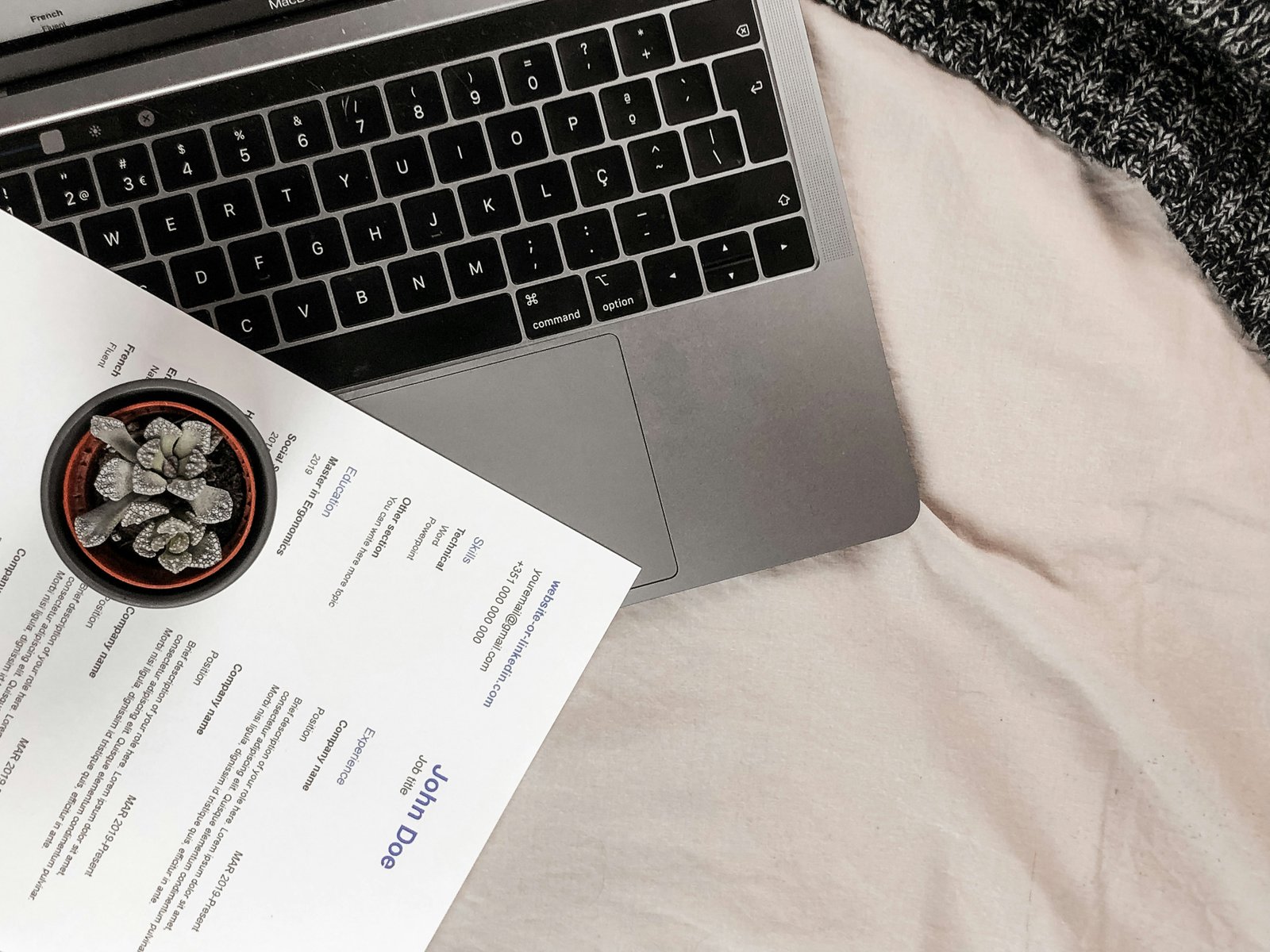In an age where technology continually shapes the job market, it’s no surprise that many job seekers are turning to AI for assistance in crafting their resumes. With promises of tailored content and keyword optimization, AI-written resumes might seem like a convenient solution. However, relying solely on AI for such a personal and pivotal document can lead to significant pitfalls. Here’s a few reasons why you should think twice before trusting AI to write your resume:
1. AI-Written Resumes Lack the Human Touch
At its core, a resume is more than just a list of skills and experiences—it’s a personal narrative. An effective resume tells a story about who you are, what you’ve accomplished, and where you want to go. AI lacks the emotional intelligence and personal touch that a human can provide. While AI can analyze data and generate text, it cannot capture your unique voice, experiences, and aspirations in the way that a well-crafted resume should.
Context Matters
AI algorithms work based on patterns and data. They can analyze job descriptions and identify common keywords, but they often miss the nuanced context behind your experiences. For example, how do you articulate the significance of a project you led or the impact you made in your previous role? An AI-written resume AI might fail to convey these subtleties, leading to a document that lacks depth and fails to engage potential employers.
2. Overemphasis on Keywords in AI-Written Resumes
One of the main advantages touted by AI-written resumes is their ability to optimize for keywords. However, this can be a double-edged sword. While using the right keywords can help your resume pass through Applicant Tracking Systems (ATS), overloading your document with them can make it sound robotic and insincere. Hiring managers often look for authenticity and a genuine connection, which an AI-written resume may not provide. Striking the right balance between keyword optimization and personal expression is something that requires human judgment.
Generic Content
AI systems generate content based on existing data, which means they often produce generic resumes that blend in rather than stand out. In a competitive job market, where hiring managers sift through dozens or even hundreds of applications, a generic resume is unlikely to catch their eye. Crafting a unique resume that highlights your specific strengths and experiences requires creativity and insight—qualities that AI lacks.
3. The Importance of Tailoring AI-Written Resumes
Every job application should come with a tailored resume that addresses the specific requirements and culture of the company you’re applying to. While AI can help identify certain keywords or phrases to include, it cannot fully understand the ethos of a company or how you fit into that culture. A tailored resume shows that you’ve done your homework and are genuinely interested in the position. AI may help streamline some of the customization process, but the final touch must come from you.
Mistakes and Misinterpretations
While AI technology has come a long way, it is not infallible. It can make mistakes—whether that’s misinterpreting a job title, incorrectly formatting your information, or even suggesting irrelevant skills. These errors can tarnish your professional image and, in the worst case, cost you an opportunity. When you write your resume yourself, you have the chance to catch these errors and ensure that every detail accurately represents you.
4. Lack of Adaptability
Job markets and hiring practices are continually evolving. What worked a few years ago may not be effective today. AI-generated resumes may not keep pace with these changes, as they rely on historical data and trends. Crafting your own resume allows you to adapt your approach based on current industry demands and your evolving career trajectory. You can pivot your narrative as your career grows, making adjustments that an AI might not catch.
Networking and Relationships
In many industries, personal connections can make all the difference. A resume is often just one part of your job application process. Networking, building relationships, and demonstrating your personality during interviews are crucial. When you write your resume, you’re also preparing for conversations that might follow, allowing you to better articulate your value to potential employers. An AI-generated resume might lack the personal anecdotes and reflections that can lead to meaningful discussions.
Conclusion
While AI can offer helpful tools and insights for job seekers, it should not replace the art of resume writing. AI-written resumes often lack the personal touch, contextual understanding, and adaptability that human-crafted documents provide. Instead of relying solely on AI, consider using it as a supplementary resource—an assistant rather than the primary creator. By investing the time and effort into crafting your own resume, you not only present a more authentic version of yourself but also enhance your chances of making a lasting impression in the competitive job market. After all, your career is a story worth telling, and no algorithm can tell it better than you.
Need your resume reviewed and customized by experts?
